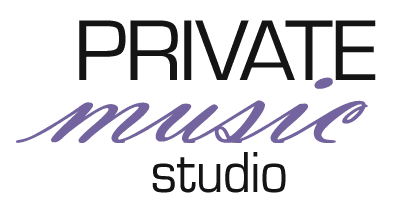HIGHER SAT SCORES
SAT scores of students who study music surpass non-music students. Grades for young musicians were 60 points higher on verbal and 43 points higher on math.&
BETTER ACADEMICS
For every year a student participates in music their SAT score improved. This shows a string correlation between music and academic success.*
MORE SUCCESS
Students with for or more years of music instruction scored 62 points than students with one semester of music instruction.*
* The College Board, Profile of College-Bound Seniors National Report for 2001.
Teacher Testimonials
"I had students stopping me in the hall to tell me how valuable they found your information. Your presentations were lively, good humored, inspiring, and information-packed all at once. Throughout the two sessions, you had the rapt attention of graduate students and undergrads."
Dr. Gerald Fischbach
"It was great to see you the other week & watch how you teach! I learn so much each time (for me & for my teaching)."
Teresa P.
"...a valuable reference for any teacher that teaches privately, regardless of the size of the studio. The information covered in this book is worthwhile towards improving all teaching situations."
Roberta Warfield
The smartest business move I made this month was to invest in Mimi Butler's teacher mentoring program. Mimi's business savvy, years of experience and natural enthusiasm for her clients made it easy for me to implement new strategies that were immediatelyhelpful in building my music studio business."
Diane R.
Stepping Up To Make a Difference...
In its 10 years, Symphony in C's summer camp for South Jersey middle and high school musicians has provided training to more than 500 students. For two weeks each summer, the whine of violins, the clanging of cymbals, and the sounds of tinny horns have filled the halls of Rutgers-Camden.
But this year, that rehearsal music sounds a little sweeter, and the coordinators and campers are relishing in it a bit more, knowing that the camp, two weeks of intensive training in orchestra and band instruments, almost didn't happen.
"In April, we were looking at each other saying, 'This isn't going to work,' " said Pamela Brant, director of Symphony in C. "Arts have experienced a severe decline in funding opportunities. When the economy tanked, there was less funding available for grant-making, larger companies refocused and decided to give to other areas, and camp was going to be a casualty of that."
The trouble started for the camp when Campbell Soup Co., the primary sponsor for nine years, notified Symphony in C that it would no longer be able to sponsor the camp because of a decision to support initiatives to end hunger and childhood obesity.
Organizers reached out to Cooper University Hospital and L-3 Communications, which came through with gifts but not nearly enough to provide scholarships and busing to all Camden participants, as had been done for the previous nine years.
Mimi Butler, a Haddonfield resident and private music teacher, heard about the camp's financial woes through one of her students. Butler, who had run her own Summer Strings camp for three years and seen it shut down for similar financial reasons, decided to do something.
She recruited friends in the community and formed a committee to save the music. The group met at Ponzio's in Cherry Hill and pooled music and media contacts.
Instead of going after larger corporate donations, the group launched a "Sponsor a Camper" initiative. For $300, you could sponsor two weeks of camp, or you could pay $150 for one week. The group held a fund-raiser at Wamsley Violin in Haddonfield featuring music from former campers.
By May, the group had raised $17,000, well over the $10,000 goal and enough to expand enrollment to 75 students.
Julia Terruso, Inquirer Staff Writer Posted: August 11, 2013
